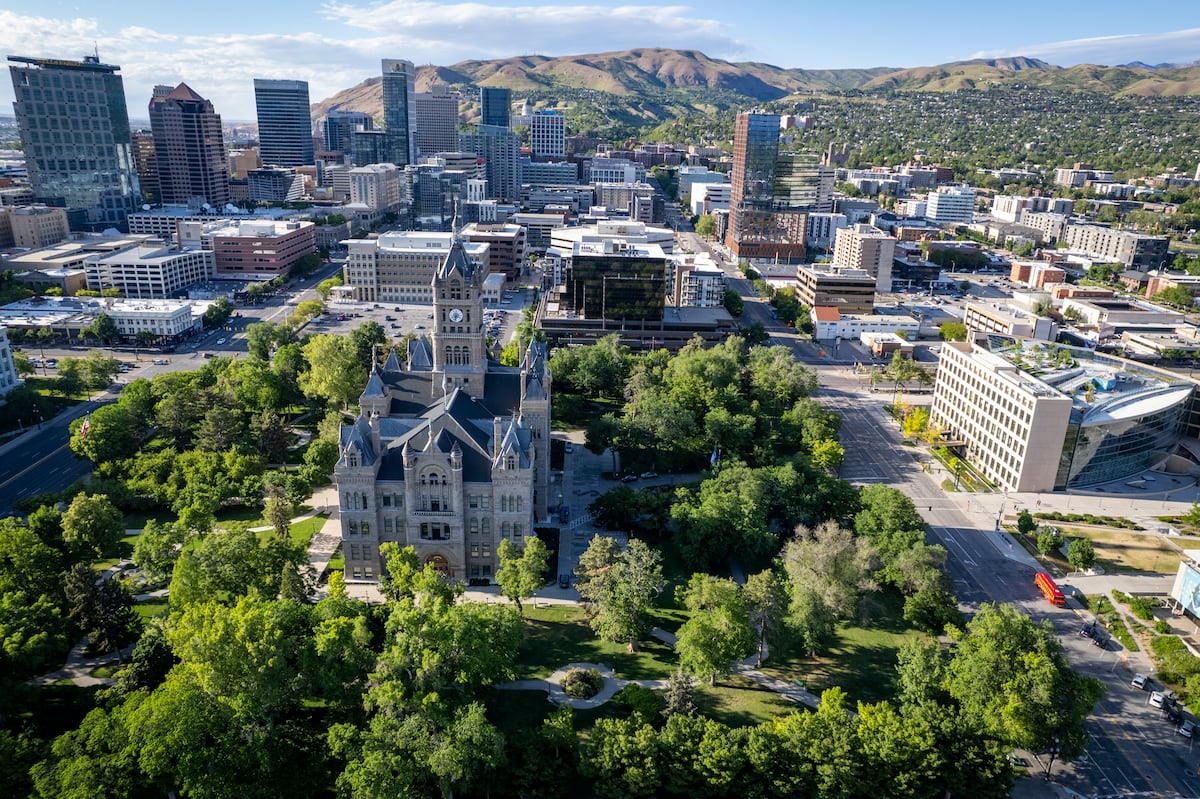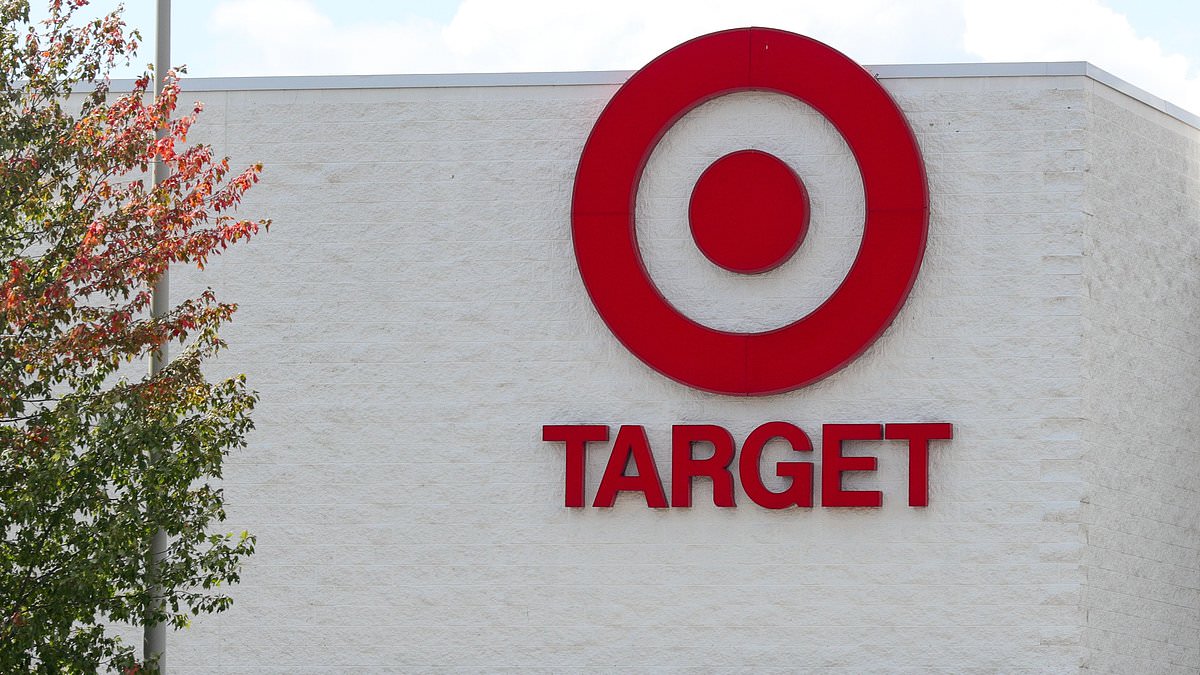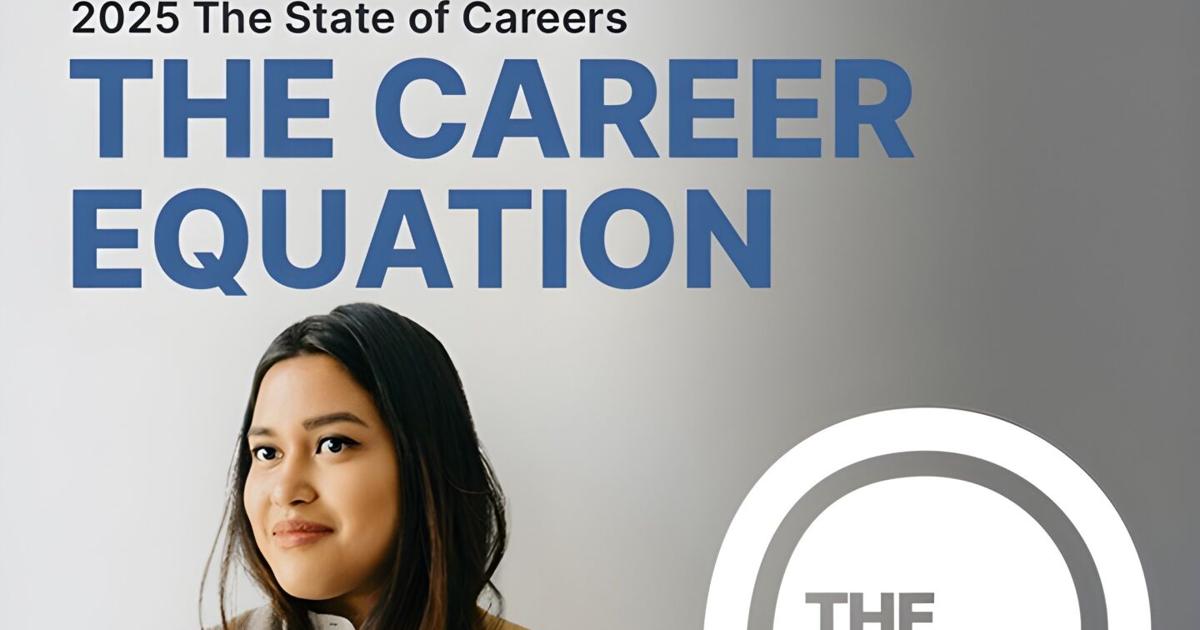
A proposed Salt Lake City crackdown on late-night drinking at businesses has been temporarily yanked from the City Council’s public agendas after fierce public pushback.
As first surfaced in a hearing two weeks ago, the ordinance would ban alcohol consumption in common areas of commercial and non-residential spaces from 2 a.m. to 6 a.m. — including at private and members-only venues — with potential fines of $1,000 per offense for organizers and $500 for individual drinkers.
The proposal would also create a process for identifying and adding enforcement tools against some property and business owners for what the city deems “recurring nuisance activity” on their premises. This is in light of what some city officials say are rising reports of after-hours parties and booze consumption at a wide range of commercial sites that are not licensed bars.
The trend, they contend, is putting a “significant strain” on police resources and affecting neighborhood safety and quality of life for some residents — at a time the city has intensified its enforcement focus on homelessness and street-level drug trafficking.
The public outcry
Social club owners, event organizers and late-night partiers of all stripes have since responded in force, including through an online petition with more than 9,000 signatures as of Wednesday. Hundreds of comments, meanwhile, have flooded into City Hall and the inboxes of council members.
Many feel the proposed crackdown would damage or cancel a range of legitimate and community-building events and gatherings vital to the city’s burgeoning nightlife scene as its population continues to grow.
“This law unfairly targets our community’s cultural spaces that provide safe, creative environments for music, art, and connection,” reads the preamble to the Change.org petition launched over a week ago.
“If this passes, nightlife in Salt Lake will be driven deeper underground, making it less safe and stripping our city of its creative heartbeat,” wrote the proprietors of Plumhouse Social Club, which puts on events in a warehouse in the Granary District.
An organizer and advocate for the city’s electronic dance music scene, EDM Elevated, posted that “this isn’t just about ‘parties.’ It’s about culture, freedom and the future of our city’s nightlife.”
‘Loophole’ in the law
But according to Arturo Garcia with the city’s Finance Department, the ordinance changes are ”intended to focus on repeat offenders, businesses that normally ignore the problem.”
“Responsible businesses will see little to no impact,” Garcia added, “while benefiting from the improved public safety.”
Police have cited a string of incidents in recent years near the now-shuttered New Yorker Social Club downtown, where authorities reportedly linked a homicide, several shootings and other crimes to private, invite-only parties held after-hours in the historic building.
“We had no way of enforcing any of the alcohol laws in there,” said Salt Lake City Deputy Police Chief Bill Manzanares.
Garcia and Manzanares both pointed to what they said is a need to close “a loophole” between enforcement under the state Department of Alcoholic Beverages Services and city code when it comes to those wee hours.
Sidetracked — for now
Council Vice Chair Alejandro Puy said Tuesday that the nuisance and after-hours consumption ban changes have been pulled from a previously slated Oct. 7 hearing “because we have a lot of questions internally.”
The proposal, which first emerged publicly at a Sept. 9 council work session, was not initiated by the council, Puy noted, but rather by the Salt Lake Police Department and administration of Mayor Erin Mendenhall. He said he did not anticipate the proposal being scheduled for a hearing again “until we get those questions answered.”
“We are learning on our own path and our own timeline,” Puy said. “We want to meet with the community as well.”
Late-night drinking, he added, “is one of those things that grown-up cities do have.”
Council member Eva Lopez Chavez, the panel’s youngest member at age 29, briefly took to the stage Monday at the final show of the 2025 Twilight Concert Series at Library Square to advise the audience the change could be looming. She urged attendees to get involved, calling it a threat to their “ability to party.”
Caught ‘off guard’
In an interview, Lopez Chavez vowed Wednesday to vote against any ordinance that would target after-hours gatherings, saying most such events already undergo a rigorous permitting process, including under state liquor laws.
After-hours nightlife, she noted, has been integral to the city’s ability to cater to visitors for high-profile events like the NBA All-Star Game and the Sundance Film Festival.
More importantly, Lopez Chavez said, after-hours events held in more affordable, non-residential places such as warehouses or private businesses also provide safe and treasured gathering spaces for the city’s younger residents, particular those who are of color or LGBTQ.
“It’s not meant to be a flavor of unlawfulness,” Lopez Chavez added. “It’s actually meant to be a culture of respite, where people can have safety and dignity to explore their identities within music, arts, culture.”
She likened the proposed ban to a new version of Prohibition, the national alcoholic beverage ban approved in 1920 and later rescinded in 1933.
“This caught everyone off guard,” Lopez Chavez said. “The public ought to know why this is being prioritized as policy when the Police Department, in my opinion, already has the tools to react to violent, unlawful or non-permitted events.”



